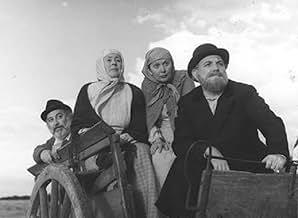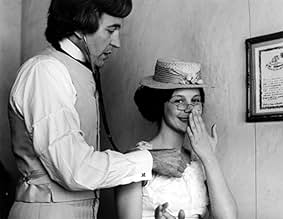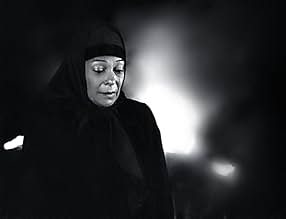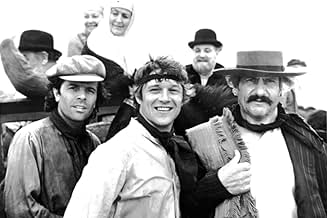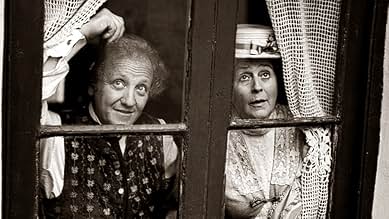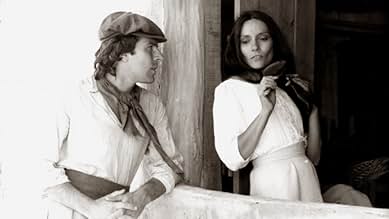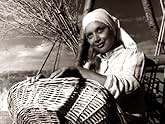A contemporary of Theodor Herzl, the proponent of Zionism, Baron Maurice Hirsch had a different take on the Jewish question: European Jews, he argued, should not necessarily emigrate to Palestine (then part of the Ottoman Empire) but to "any country that would welcome them" and work the land there. Argentina answered Hirsch's call and admitted in 1889 a large group (about 130 families) of Russian Jews, transportation covered by Hirsch; they were given very fertile lands in Entre Rios and Santa Fe provinces (there is a town in Santa Fe called Moises Ville, the town of Moses).
After this initial group, many other Jews from Russia and Eastern Europe followed suit, established themselves in the Argentine countryside and were called "los gauchos judíos" (the Jewish gauchos), a term instantly recognizable to every Argentine. Contemporary photos show Jewish gauchos on horseback, dressed exactly like gauchos but with long beards rarely used by locals. One of the immigrants, Alberto Gerchunoff, became a celebrated writer in Argentina and wrote Los Gauchos Judíos (a novel, or rather a collection of short stories) documenting the Jewish experience in Argentina. His book became a classic; in my time, it was mandatory reading at school.
Director Juan José Jusid has put the book on screen with vigor and spirit. The cast includes many of the best Argentine actors of the period, including veterans of Yiddish theater like Golde Flami. Writer Ana María Gerchunoff (Alberto's daughter) collaborated in the script.

